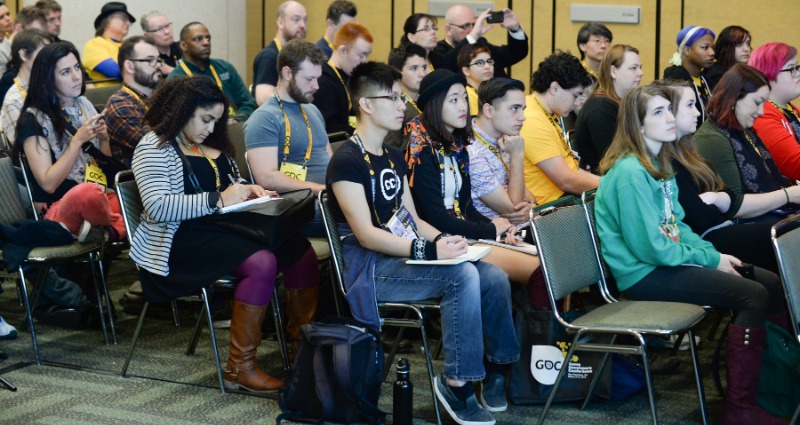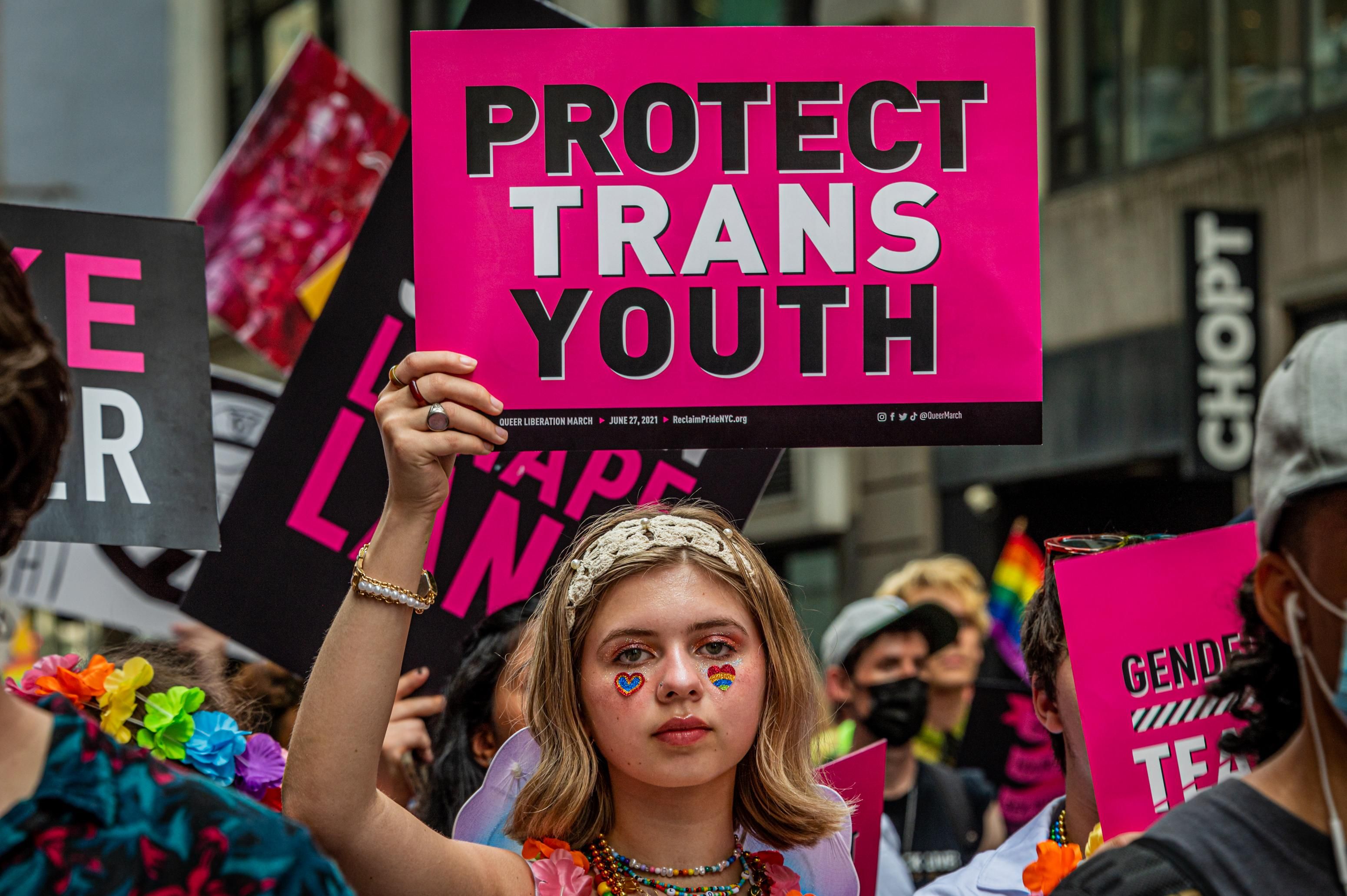THIS APPLIES TO ALBERTA TOO
'Naive. Reckless. Irresponsible': Ontario doctors question decision to lift province's mask mandate as BA.2 variant rises
As of March 21, the mandatory masking requirement in Ontario will be removed for most settings, including schools.
Exceptions to the change in the provincial masking mandate includes public transit, healthcare settings, long-term care homes and high-risk congregate settings.
"It is now a choice not a mandate," Dr. Kieran Moore, Ontario's chief medical officer of health, said at a press conference on Wednesday.
"Removing the mask mandate does not mean the risk is gone, COVID-19 transmission is still occurring across the province and masks can help protect you, and others, from becoming infected with COVID-19."
Dr. Kieran Moore, Ontario's chief medical officer of health
"In fact, we can expect indicators such as cases and hospitalizations to increase slightly as [Ontarians] increasingly interact with one another. However, thanks to our high vaccination rates and natural immunity that is developing, as well as the arrival of other therapeutics and antivirals, Ontario has the tools necessary to manage the impact of this virus."
Dr. Moore added that for individuals most vulnerable to the virus, including older Ontarians and people with a chronic illness, it is still "strongly recommended" that they continue to wear a mask.
Ontario's chief medical officer of health stressed that the public should be "considerate and kind" to those who choose to wear a mask, adding that, personally, he will not be wearing a mask in outdoor settings and will be doing a personal "risk assessment" for "high-risk" indoor settings.
"If I go to the Eaton Centre, I'll wear my mask, if I'm on the subway it will be mandated, and/or a public bus or streetcar," he said. "If I go to a busy, busy box store, I'll put my mask on in those settings."
"You have to recognize, you can't mandate masking forever. It has to be, eventually, an individual choice based on an individual's risk assessment, and we're at that point, by March 21."
As of March 21, schools and childcare providers will no longer be required to conduct on-site screening for all children, students and staff, but any individuals in these settings should stay home if experiencing worsening symptoms. Ontario is also eliminating the cohorting and distancing requirements.
"In alignment with community masking requirement, masks will no long be required of children, students and staff, or visitors in childcare, schools, school board offices, and/or student transportation," Dr. Moore confirmed. "Should individuals chose or are required to continue to wear a mask at school or childcare, I would ask that we respect and be supportive of these decisions."
Changes to isolation rules
Ontario's chief medical officer of heath added that while, previously, everyone in a household with someone who was sick or tested positive for COVID-19 had to stay home, household members who are fully vaccinated, including a booster dose for adults, now do not have to stay home.
"These household members still need to wear a mask outside the house and avoid vulnerable people in high-risk settings, like long-term care homes, for 10 days, but they can continue to go into work and/or school, as long as they’re asymptomatic," Dr. Moore said.
"For those non-household members who have been in close contact with someone with COVID-19, you are no longer required to self-isolate, regardless of your vaccination status. You do have to self-monitor for 10 days, wear a mask when outside the house, avoid activities where mask removal would be necessary and avoid vulnerable individuals in high-risk settings, like hospitals."
Symptomatic individuals do have isolate right away and get test, if they have access to a PCR test or rapid antigen test.
Several people in Ontario, including health experts, took to social media to comments on the removal of the provincial masking mandatory masking requirement.







